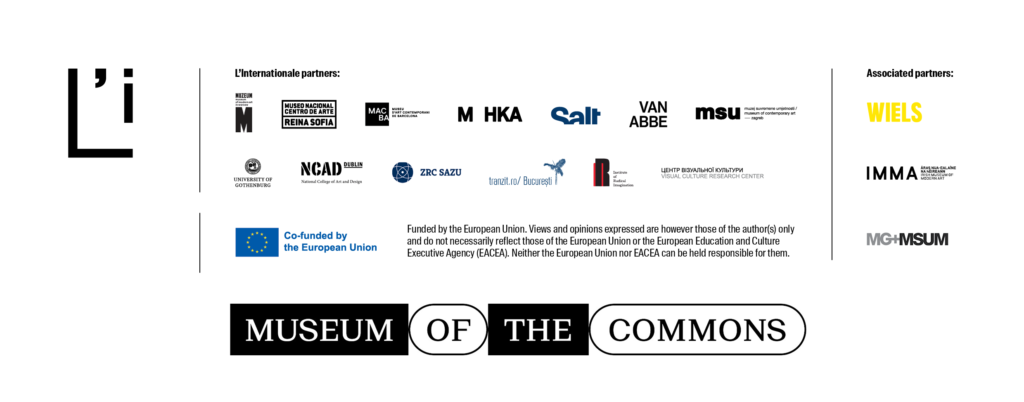Landscape (post) Conflict
We are living in a period of increasing instability and accelerating violence worldwide. Atrocity, invasion, genocide, mass-displacement – these are brutal realities for millions across a growing number of conflict zones. Given ongoing advances in military technology, we are also witnessing the deployment of ever-more ruthless forms of mechanised violence, often against civilian populations. In the process, the limits of international law (and the notion of a Western ‘world order’) are being brutally exposed. The landscape is the locus of conflict and its legacies.
Is there capacity within the field of art to respond to the realities of such escalating conflict? What are the landscapes within which this escalating violence has been enabled? What are the conditions that underpin it and what are the traces it leaves on the land in turn? How are our ideas of spatiality, sovereignty, borders, and boundaries – the components through which landscape is codified and constructed – informed by the military imagination? Certain powers of representation – as historically exemplified by the international press – are being disassembled. Who is left to document the experience of conflict? Can artists have a role in such documentation?
What are the critical and practical uses of contemporary art at moments such as this? How do underlying power structures and socio-political conditions contribute to the mechanics of conflict? What are the ideological operations (within and beyond conflict zones) that enable militarised violence at mass scale? Can art function as a space for meaningful enquiry – for instance, through organisational and evidentiary art practices such as Forensic Architecture that seek to reveal violations of international law and serve as judiciary tools in the prosecution of war crimes?
This Summer School aims to provide a space for the exploration of these questions, bringing together an array of artistic and academic voices to inform an enquiry that necessitates thinking across a combination of scales – local and global, past and present, theoretical and practical.
The school will involve lectures, discussions, excursions (Belfast and Dublin), workshops, group work, and visits to exhibitions.
